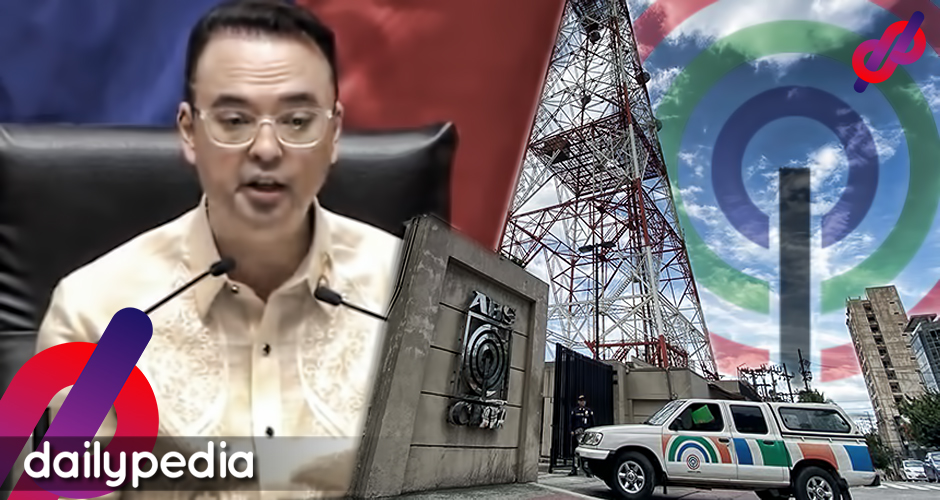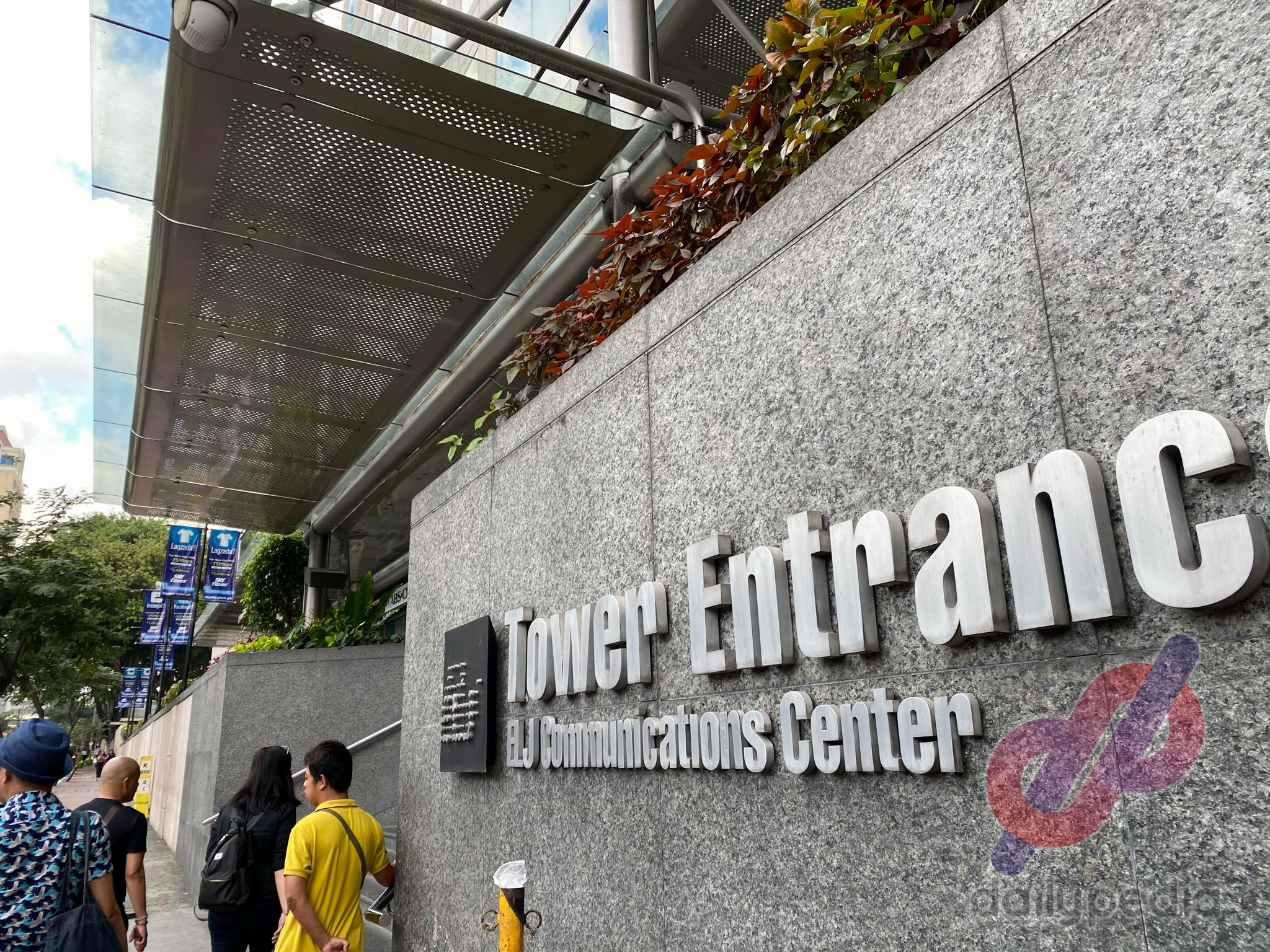In a recent small press conference, Congressman Alan Peter Cayetano said he feels bad for the thousands of ABS-CBN employees who lost their jobs but accused the network of interfering with the 2016 national elections.
ABS-CBN was ordered to stop broadcast operations by the National Telecommunications Commission on May 5 until Congress granted its franchise renewal.

On July 10 however, during Cayetano’s reign as House Speaker, 70 lawmakers voted to deny the network a new franchise, leaving ABS-CBN with no choice but to retrench employees as part of its downsizing of operations.
Cayetano said that unlike GMA-7, ABS-CBN is a “hatchet job” that interferes with elections.
“Hindi madali yung desisyon namin. But we had to decide what was good for the country.”
He admitted that he feels sorry for the retrenched employees.
“Do I feel bad na marami ang nawalan ng trabaho? Yes. That’s why nga hanap ng hanap kami ng paraan.”
He also pointed out that the tax issue with ABS-CBN influenced the House committee’s decision to shut the network down.
However, government agencies summoned during the franchise renewal hearings had already cleared the network of any alleged violations.
Representatives from the Bureau of Internal Revenue (BIR) and the Securities and Exchange Commission (SEC) said the network is compliant with the regulations.
“They are regularly filing and paying their taxes for the past number of years,” Simplicio Cabantac, Jr., head of a unit of the BIR Large Taxpayers Service, told the Senate Committee on Public Services.
The BIR said ABS-CBN paid ₱14.398 billion in taxes from 2016 to 2019.
SEC Commissioner Ephyro Luis Amatong on the other hand wasn’t even aware of any violations committed by ABS-CBN.
In the same press conference, Cayetano revealed that he wants a bright future for the local entertainment industry.
He said that Philippine arts and culture should not be doubted because Filipinos are very “talented.”
“Nung Secretary of Foreign Affairs pa ako, nung iniisip talaga abroad lahat ng Pilipino magaling kumanta,” he said.
He said that one of the great Filipino attributes is being “adaptive,” which means a Filipino can learn quickly just by observing.
“It might seem so normal to us but hindi ganoon sa ibang bansa.”
He offered three steps to advance the local entertainment industry.

One is to create a department for arts and culture, which is one of the promises he and then Davao City mayor and current president Rodrigo Duterte made during the 2016 elections.
Another is benchmarking, a process where a country looks at how other countries solve particular problems and just adapt it.
Benchmarking is a tool commonly used by the Department of Education to improve the educational system in the country.
Lastly, he wants performing artists to get more exposure on the bigger platform.


